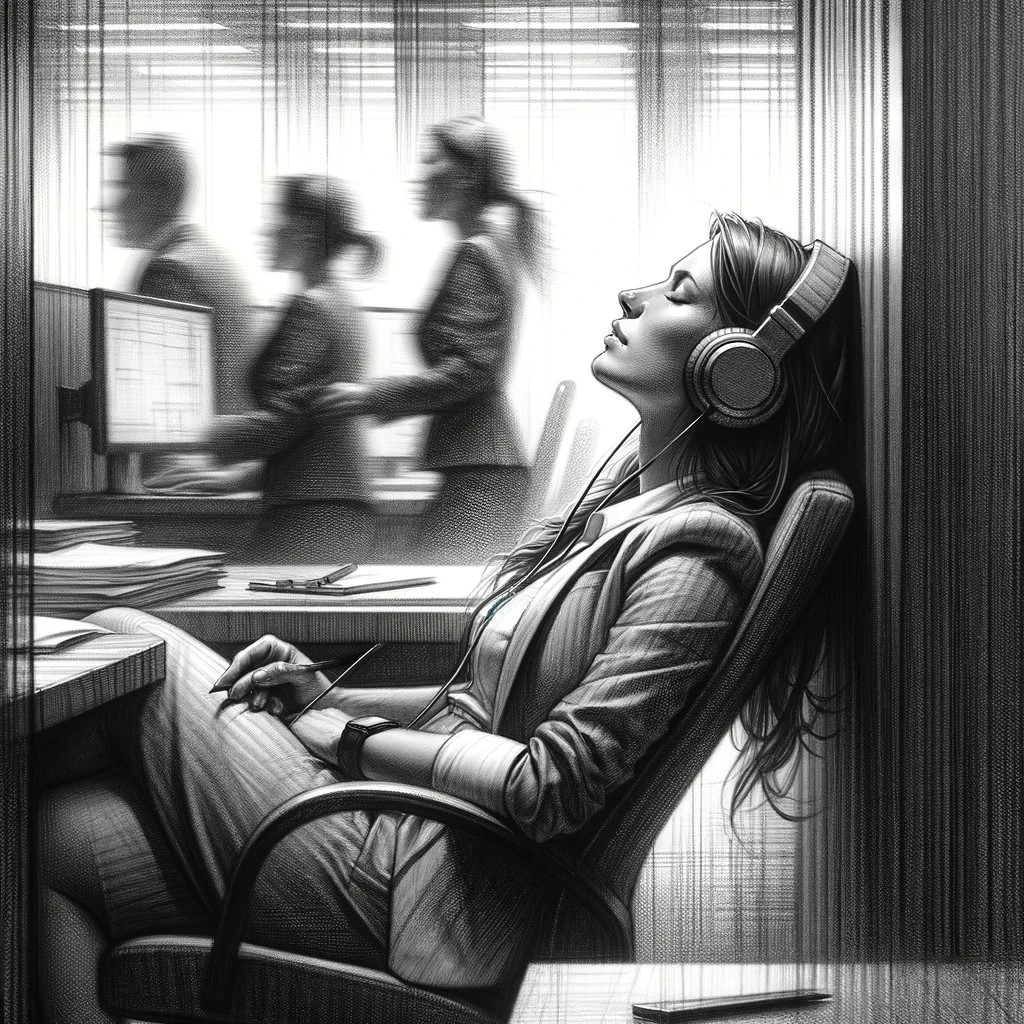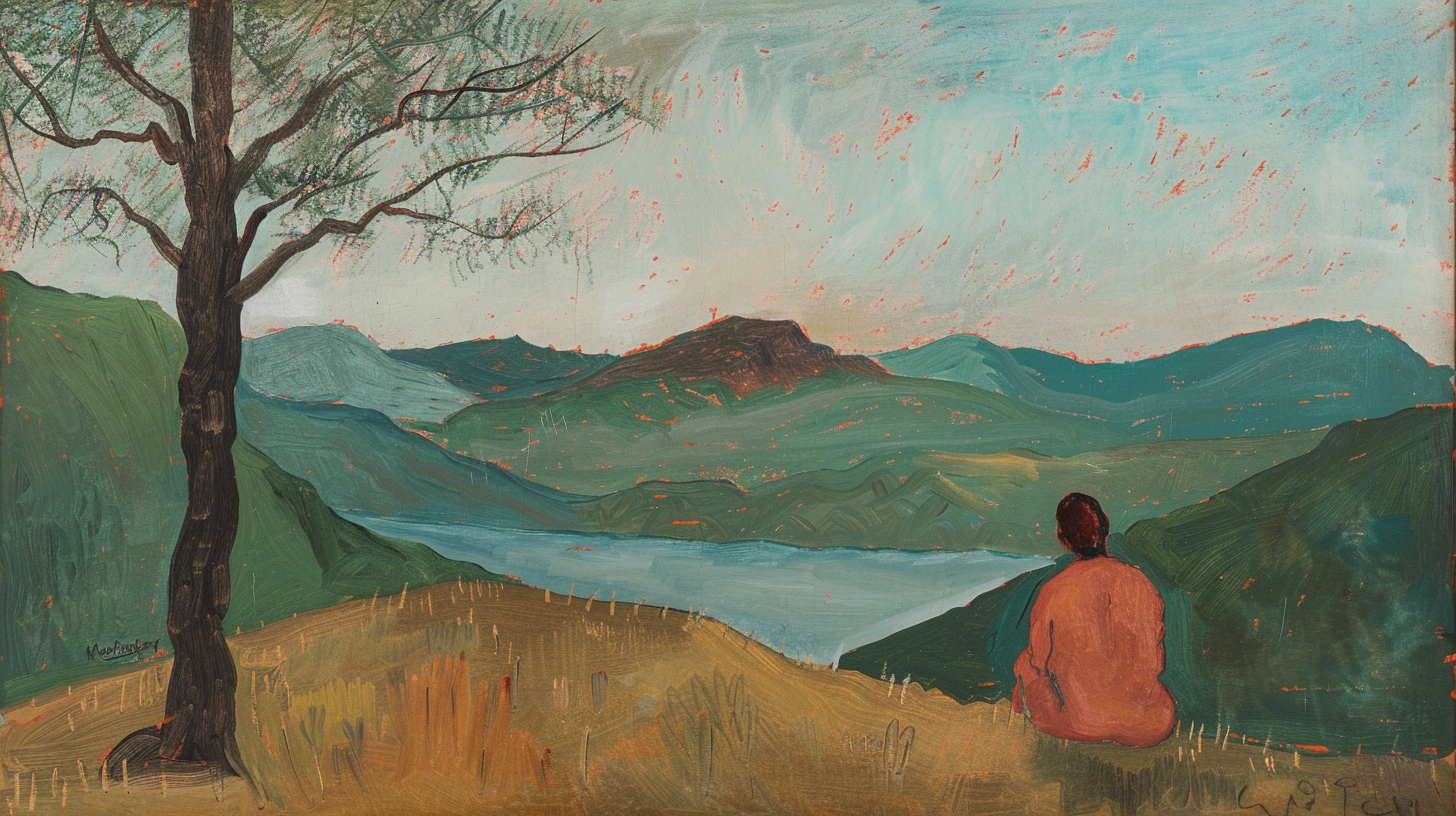Every now and then a pupil or an intern will tell me:
“Sir, I am really willing to learn. If I do anything wrong or make a mistake please feel free to scold me. I have no problems with it. You can shout at me also. If you scold me it means I deserve it.”
Scold: To speak angrily to somebody, especially a child, because they have done something wrong.
Shout: to say something in a loud voice, to speak loudly/angrily to somebody.
Oxford Learner’s Dictionaries
There are variations to that, of course.
The funniest was during a pupil interview I conducted. The candidate told me, “I am willing to work hard. I have no problem with staying back after hours, sir. I don’t have issues with workload. You can give me as much as you want. You can grind me.” To which I hastened to correct her and suggested that perhaps she meant to add ‘with the work’ to her last sentence. I cautioned her to be more careful with her words in the future.
Whilst I appreciate and am grateful for the wide liberty granted to me by those seeking to learn from me, I find the offer amusing as I do sad and tragic.
Amusing because what they say is an invitation to me to wantonly inflict verbal abuse on them, but at the same time that’s not how I go about teaching. It’s like giving me a chainsaw for something I am content using feather dusters for; thanks, but I’ll stick with the feathers.
I prefer empathy, support, guidance and reassurance over worship, scolding, guilt and humiliation. It takes more time, effort and patience but it builds people with better resilience, meaningful confidence and coping mechanisms over and for the long term.
I don’t do abuse. But if someone needs to be abused to better learn something during their internship or pupilage, they will be disappointed to know that there is a fee for extras like that. Instruction is free, but abuse is chargeable.
Sad because implicit in their invitation is the idea that abuse from another is a price we must pay for our education. Sad because they are trapped within the limitations of their imagination.
Tragic because the notion of abuse intertwined with the idea of education is surprisingly widespread. And by abuse I mean a certain amount of verbal and psychological abuse. But the greater tragedy lies in the failure to understand what learning entails.
Firstly, we do not need to learn from a person or an ‘educational’ institution. We can learn from many people. Or none at all. We can learn from watching other people, insects or animals. We can learn from books, videos, incidents, courses, and, the best source of learning, our own experience. We learn from reflecting and thinking deeper about what we already know or experienced.
Of course, learning from others is best. A suitable mentor accelerates one’s professional and personal development. But not everyone is worth learning from. Not everyone knows how to help others learn; doing is different from teaching. Not everyone gratuitously wants the best for us. Just because a teacher or mentor is reputed to be good does not necessarily make them appropriate for us.
Finding an suitable teacher is as challenging as finding a suitable life partner. There must be ‘fit’. When teacher and student fit, they connect not just at the dimension of legal practice but on other dimensions too. They also resonate psychologically, emotionally, intellectually and attitudinally, for example. There is a merging of minds. Both are revitalized and reshaped by the engagement. Both learn, both grow.
But, a teacher does not necessarily have to be qualified so long as they speak from genuine experience. Our teachers need not necessarily be those older or more experienced than us. I learn from children, my younger colleagues, non-lawyers, fiction, art, etc. Though they do not consciously teach, there are lessons to be learned from them.
Secondly, learning does not only happen in a classroom, lab, university lecture, tutorial, courtroom or in some institutionalized formal space. It happens anytime, everywhere. All we need to do is be observant.
It happens in the most innocuous places when we least expect it. Those moments of epiphany or insight – moments when our accumulated thoughts distill burst through to our consciousness – often happens when we are doing something else, like bathing, shopping, driving, taking a dump, etc.
But only if we stay open. Stay open to observing, remain open-minded, humble and curious, and don’t go around expecting and insisting things to be a particular way.
Staying open allows for things to happen.
Thirdly, learning is something only we can do for ourselves. Others can help us with it but they cannot do the thing itself. So studying is like sleeping, eating, peeing, and the like – only we can do it for ourselves. Nobody else can do it for us.
We have to personally engage with the material or experience to be learned in order to make sense of it. That ‘making sense of it’ is the core of our learning. That ‘making sense of it’ is us working things out for ourselves. It is in our ‘making sense of it’ that we come to understand our place and role in this existence. This sense-making is what we must cultivate and refine.
If someone makes sense of it for us, we lose out on the opportunity to develop our ability to make sense of things for ourselves, and others.
Fourthly, learn how to learn better. Learning is a discipline as much as it is a pleasure. It is a learned ability. Some learn it more naturally than others without being taught, but the point is that learning is an ability that can be learned. So, it can be refined and improved.
Smarter studying does not simply mean studying or reading more. It is appreciating that setting ourselves up for study is just as important as the technique and effort put into studying itself.
Shorter bursts of study, strategic naps for consolidation, sufficient sleep, regular exercise are just as important for learning effectively as reading, understanding, writing out what we learned, testing ourselves on it and teaching others. For study, generally, short, frequent and repetition beats long, occasional and novel, most of the time.
The tragedy of expecting abuse as a price for education can be avoided if we are mindful that learning does not have to be abusive, can be done with anyone or no one, anytime, anywhere, but best done by ourselves, and should be subject to continual refinement. Learning is generally a pleasant experience. Seen in this light, there is no need for scolding or shouting to learn.
Now having said all that, I feel we need to acknowledge that although abuse is not the best way to learn, there is a great deal we can learn from being abused or being in an abusive situation. Not all things, and certainly not all important things, can be learned from the comfort and security of a benign environment.
Just as there is no good without bad, no right without wrong and no light without dark, being subject to some abuse is necessary to truly complete our education. If that sounds harsh, that’s because that was the experience of many of my peers and predecessors in our early years of legal practice in the late nineties, early two thousand.
Back then, our seniors didn’t teach or concern themselves with our legal education development, unlike the present generation of seniors. They were also less mindful of the finer points of pleasantries when speaking to their subordinates.
As juniors then, we simply followed, observed and learned what we could from being brought along by our seniors. They didn’t explain or tutor. We merely had the opportunity and privilege to follow them closely in how they went about their work. Our education lay in close observation and reflection. It was left to us to sift through the husk of emotion or events to get at the seed of learning to better understand how to improve our abilities.
Those around and before my generation learned mostly from trial and error and our seniors. There were hardly any legal courses and few accessible books then. The internet was still in its infacy where the law and legal practice were concerned. Our errors were a painful but quick way to learn because judges in those days gave no quarter and did not mince their words, or rather would mince us with their words.
But here’s the thing, for myself, even though I did suffer a certain degree of abuse in my practice, I did not regret that experience. Yes, it was tough. Yes, it was difficult. Yes, at times I thought it was the end of my legal career. But, over time and reflection, I have come to appreciate what those difficult moments did for me.
They shaped me.
Those difficult moments brought into sharp focus who I was, what my values were and what I would do if I had the opportunity to impose my values and principles. It clarified and solidified who I was and who I wanted to be.
That is why, even though it is not ideal, I feel there is some value to being abused or being an abusive situation – we find ourselves. I’m not saying we should necessarily look for one or remain in one, but the benefit of being in one for a while is that it forces us to clarify what kind of lawyer we are and what we want out of legal practice. And that situation forces us inevitably to build resilience, tenacity and a thick hide, if we survive it.
A part of me cannot help but feel that the present generation of lawyers lose out from not being put through my and my peers’ difficult experience. I cannot shake the feeling they lose out from the learning they would obtain and resilience they would build from a challenging if not brutal environment.
But in fairness, their time is not like my time, so it is unreasonable to expect them to have the same experience and come to possess the same values or principles. The litigation landscape now is a much more benign and accommodating place compared to when I started out practice.
Even though I was put through that difficult experience, I do not visit it on my colleagues. The experience I try to create for them is not the experience I was put through. I keep the experience benign sans aggression or drama. I create for them the experience and environment I wished I had for myself when I was younger.
And yet, even though I do not expect or inflict abuse, I respect those that come into the profession and are committed to it despite their expectation that they will have to put up with a certain amount of abuse without complaint to eventually thrive in our profession.
Because I’d like to think that they appreciate that we cannot make an omelette without breaking a few eggs.
Related Posts
- Making choices
When deciding something critical, project myself to the distant future then look back at this…
- The Occult in Legal Practice | From the Atelier
From the Atelier Because I liked Hanis Nadzir's dramatic movie posters style, I thought she…
- Is Legal Practice a Business or a Profession?
For some reason, this is an evergreen topic in Malaysian practice. Those who pose this…
- Dealing with Others
Remember we are all human beings going through own own trajectory in life, at a…
- The Legal Savants and The Uninclined
I have come to the view that there is a spectrum of people in legal…







